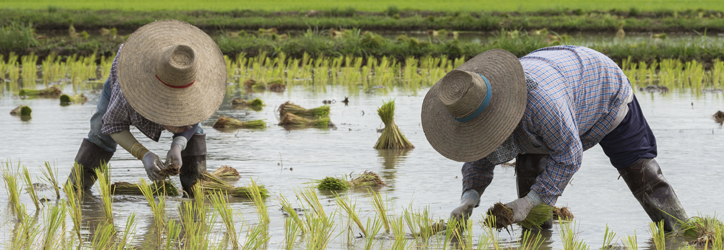Philippines - Rice black bugs threaten farms in northern Iloilo
21.05.2019 497 views
ScaleAgData Stakeholder Engagement Event
22.10.2024The ScaleAgData project is pleased to invite you to our second stakeholder event. Building on the discussions and connections formed during our first webinar, this event will focus on fostering collaboration among stakeholders, providing updates on our project’s progress, and outlining future opportunities for engagement.

Canada - Governments announce continued crop insurance support
The federal and Saskatchewan governments say they will continue funding the 2026 Crop Insurance Program, with coverage decisions due by the end of March.

India - Mizoram Launches Subsidised Crop Insurance Scheme For Farmers:
Mizoram Agriculture Minister PC Vanlalruata announced on Wednesday that the state is gearing up to implement the Centre’s Pradhan Mantri Fasal Bima Yojana (PMFBY), with the government offering substantial premium subsidies to ease farmers’ financial burdens.

India - Unseasonal rains damage 4,000 acres of crops in Siddipet, Dubbak farmers worst hit
Untimely rains damaged crops in nearly 4,000 acres across four mandals in Siddipet district, hitting farmers in Dubbak constituency the hardest.

Ukraine - Fields in Mykolaiv region turned into icy lakes
The weather continues to test the strength of Mykolaiv farmers. After a catastrophic summer drought, a new challenge has come: due to temperature fluctuations, the fields of the region have turned into real icy lakes, agronews.ua reports.
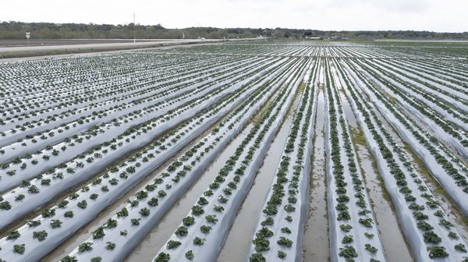
Flood Damage Devastates Farms Across Greece: Severe Flooding Hits Evros and Beyond
Severe flooding has ravaged agricultural lands and infrastructure across multiple regions of Greece, inflicting heavy losses on farmers and prompting emergency responses as communities brace for further impacts.
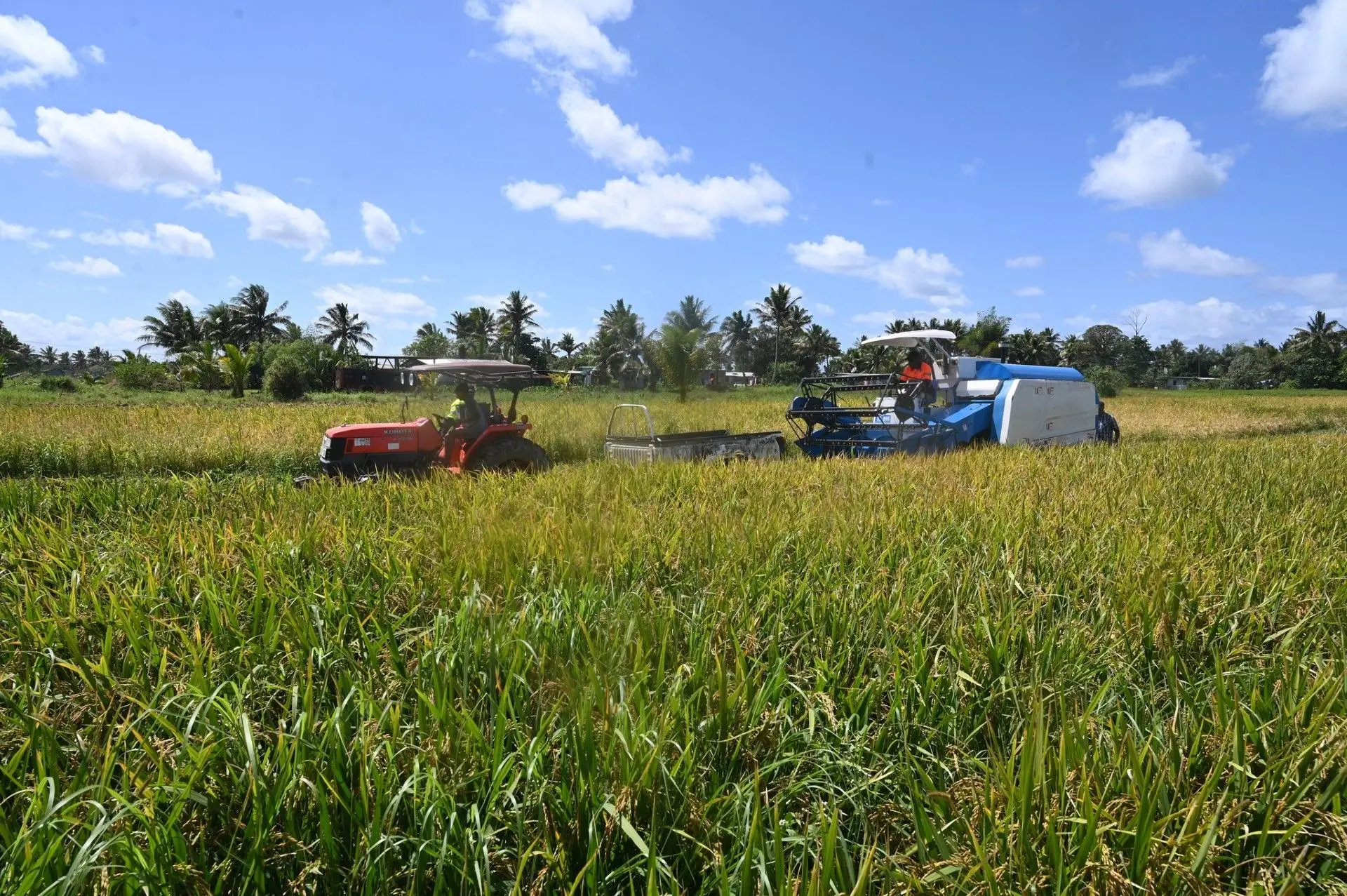
Fiji - New push to develop agriculture in maritime and outer islands
The Ministry of Agriculture is intensifying support for farmers across Fiji, particularly youth, women, and remote island communities.
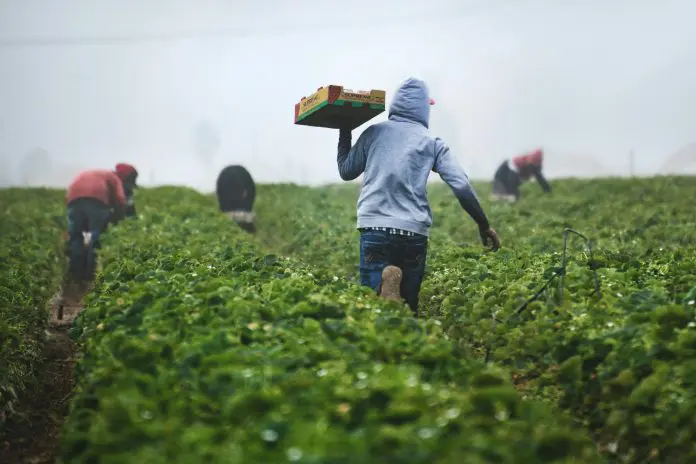
Ecuador rolls out parametric cover for farmers
Ecuador has contracted its first parametric agricultural insurance policies, providing protection against extreme rainfall and drought for up to 10,000 people in smallholder rice and maize farming households.
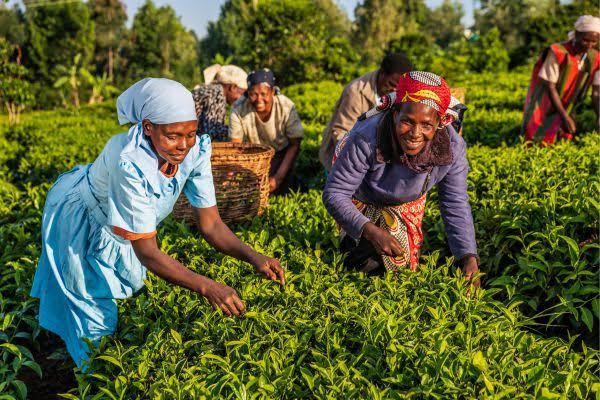
Nigeria unlocks game-changing reforms in agric. insurance to boost food security
Nigeria’s Minister of State for Finance, Dr. Doris Uzoka-Anite and the Minister of State for Agriculture, Aliyu Sabi Abdullahi met on Monday in Abuja to unlock the game-changing reforms in agricultural insurance and Cooperatives.


